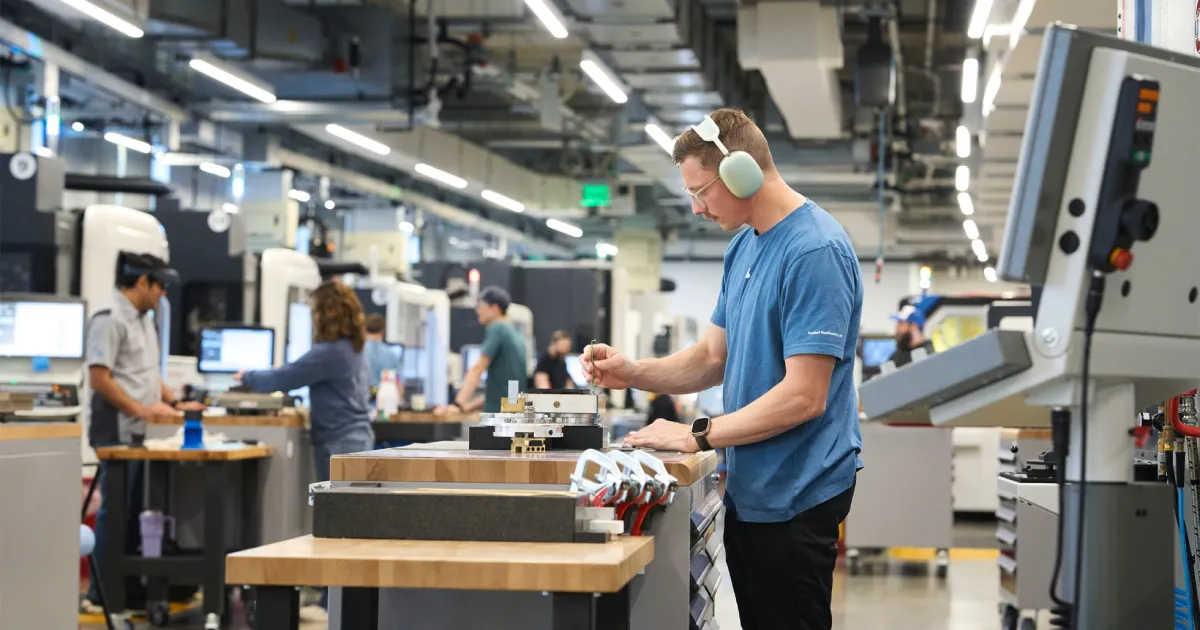Apple invests another $100 billion in U.S. manufacturing

Apple Inc. is set to deepen its commitment to U.S. manufacturing with a fresh $100 billion investment aimed at ramping up domestic production, according to a White House official cited by Reuters. The announcement, expected Wednesday, marks a significant expansion of the tech giant's efforts to localize more of its operations amid growing geopolitical and economic pressures.
This new pledge adds to Apple's existing $500 billion investment plan scheduled over the next four years, signaling a broader shift in its long-term manufacturing and supply chain strategy. The earlier plan includes the development of an advanced manufacturing facility in Houston, Texas, dedicated to building servers that power Apple Intelligence — the company’s new AI platform. In addition, Apple is producing original Apple TV+ content in 20 states and increasing collaboration with U.S.-based suppliers.
The expanded investment plan comes as Apple faces mounting pressure from the White House to bring more of its production back to American soil. President Trump has threatened the company with new tariffs if it doesn’t reduce its reliance on overseas manufacturing.
Currently, Apple produces the majority of its devices in China, India, and Vietnam. While this global supply chain model has historically optimized costs and scale, it has also made the company vulnerable to trade disputes. Apple absorbed $800 million in tariff-related expenses in the June quarter alone and expects those costs to rise to $1.1 billion in the following quarter, CEO Tim Cook revealed during a recent earnings call.
Apple’s move could have significant implications for the U.S. tech manufacturing landscape, potentially bringing thousands of jobs and catalyzing investment in related industries. It may also serve as a signal to other large multinational companies navigating the complexities of global trade, supply chain resilience, and rising geopolitical tensions.
As Apple repositions itself amid changing economic tides, its expanding investment in U.S. operations reflects a strategic pivot that could shape the future of American tech manufacturing for years to come.





